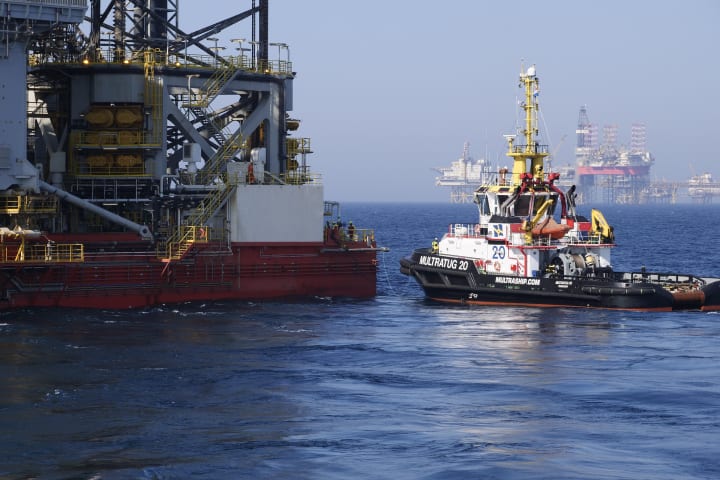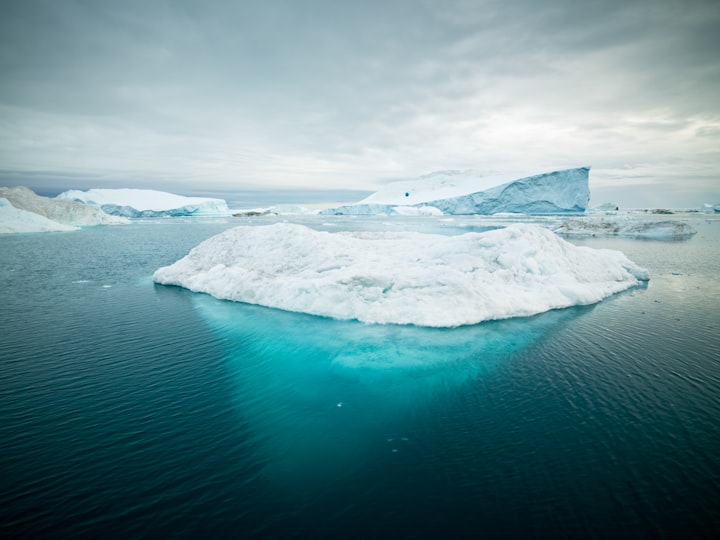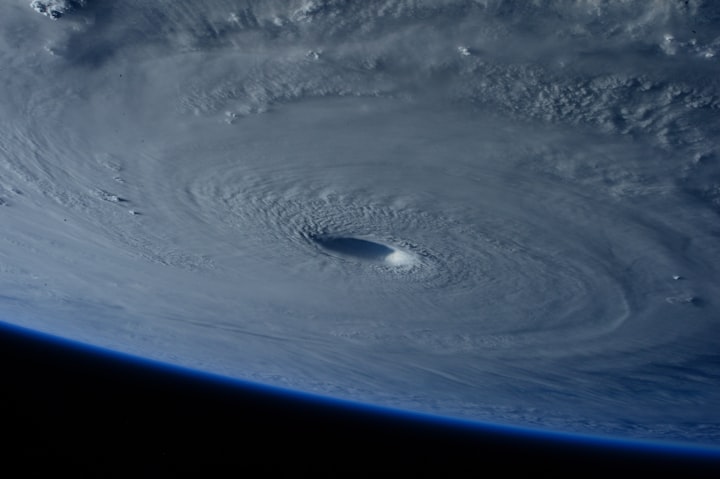Humanities 30,000 Years Of Pillaging The Earths' Resources Could Be Humanities Downfall
Thoughts on Saving The Planet From, Well, Us!

I was just a young preteen the year I realized that people were trashing the very planet we depend on for our existence. Like most kids, teachers tried to instill a sense of responsibility for our world in me during science classes. We learned about the dangers of fossil fuels, the depleting ozone layer, and the importance of cutting down the carbon footprint being left by one generation for another to have to suffer. At twelve, the thing that bothered me the most would be the danger to the oceans and sea life. Even today, I remember the moment I got the bigger picture, watching a movie that presented the facts about whales and whale hunting.
It's crazy to think that we should have learned to care for our oceans from a movie but Hollywood has always had a way to deliver important messages through entertainment. Few messages could be as important as protecting our oceans and the ocean life that's been there longer than mankind has been walking upright. While we're waiting for the forthcoming report to congress on the Navy's investigations into Unidentified Aerial Phenomenon, or UAP's, looking at the recent sensational videos the pentagon admitted were taken by the military, many are over the sea.
It's probably far-fetched to draw that line but that's when and where I became aware of the dangers to my favorite part of our home planet. The ocean has been in the epicenter of efforts to protect the resources some would rape to make a buck. From whaling to chemical contaminations, dumping military equipment to oil spills, and from the fuel-guzzling ships and pleasure craft we see and sometimes envy, the ocean is the victim generations of "blind" people have hurt repeatedly.

From the midwest, it's harder to fathom the damages that the ocean suffers from. Without being faced with the damage, seeing the horror of the black goo, or witnessing a beach covered in garbage from the excessive use of plastics, we can't begin to feel the pain the planet feels. We can all pay attention, however, as the reality of global warming sets in around the world. Decreasing our carbon footprint is the first step, but how to do that isn't something easily understood.

We're all guilty of running that quick errand with our vehicles even though it was just a few blocks. Walking, bicycling, carpooling and public transportation are good ways that are proven to drastically reduce CO2 emissions. If you're going to drive, there are some things you can practice to reduce your carbon footprint. Making sure you're tires are properly inflated can increase gas mileage by up to 3%. Regular maintenance, (tunes ups, filters, faulty oxygen sensors being replaced) can increase fuel efficiency by up to 40%.
Simply avoiding traffic can help to decrease your carbon footprint. All that time stuck in traffic wastes gas and unnecessarily creates CO2. Use your smartphone to find routes alternative routes instead of sitting there idle and swearing about being late.
When it comes to driving, speeding and unnecessary acceleration reduce gas mileage by up to 33%. Set it in cruise at whatever the limit is on the highways, give yourself a little extra time, and start working on diminishing your own carbon footprint.

As the ice shelves continue to break off introducing millions and millions of gallons of fresh water into the ocean, risking desalinization of seawater we can decrease our carbon footprint even if we're nowhere near our ocean. It's the job of scientists to figure out the steps to help save our planet over the long haul and to ensure the survival of our species. It's our job to act on those steps, every one of the almost 8 billion people with which we share this world.
From home, you can consider that every time you leave a room with an unnecessary light on you're wasting energy. Turning off lights in empty rooms and replacing incandescent light bulbs with compact fluorescent or LED bulbs can help you mitigate your footprint. There are other things at home, depending on your budget and over the long term. Insulating your home and sealing your home will reduce drafts and air leaks. Little updates at home will decrease your energy usage and save you money. The same goes for appliances. The next time you have to replace an air conditioning unit, dishwasher, or refrigerator, look for the Energy Star label. Energy Star appliances are recognized for having superior efficiency.
For more information on how to cut your carbon footprint, go to COTAP.org.
I hope you found this article helpful. If you enjoyed this piece of work leave a heart. If you found it helpful or really enjoyed it tips aren't expected but are very appreciated. Above all, figure out today what you can do to help mitigate your carbon footprint before global warming is no longer a thing to fear, but rather a certainty of disaster.

About the Creator
Jason Ray Morton
I have always enjoyed writing and exploring new ideas, new beliefs, and the dreams that rattle around inside my head. I have enjoyed the current state of science, human progress, fantasy and existence and write about them when I can.






Comments
There are no comments for this story
Be the first to respond and start the conversation.